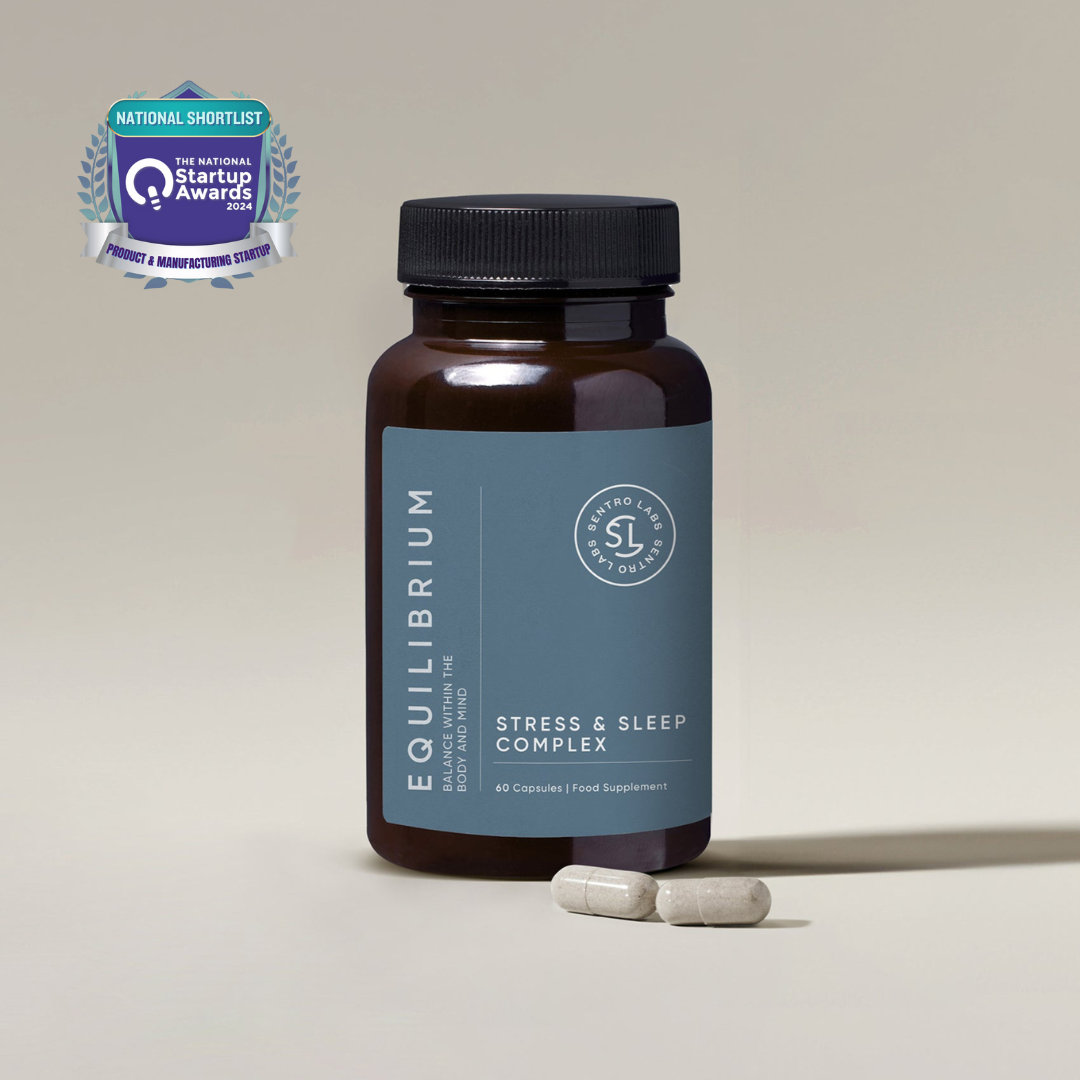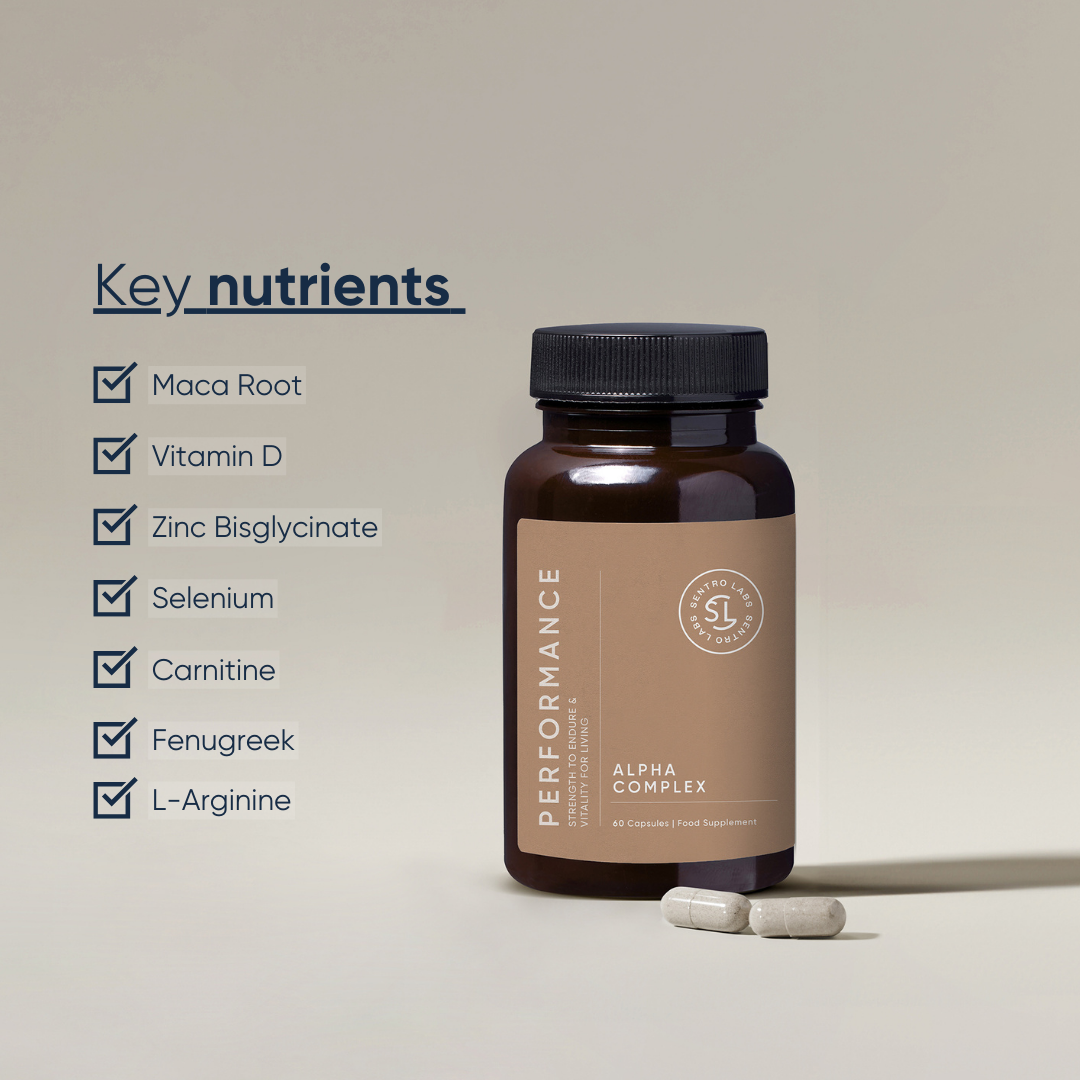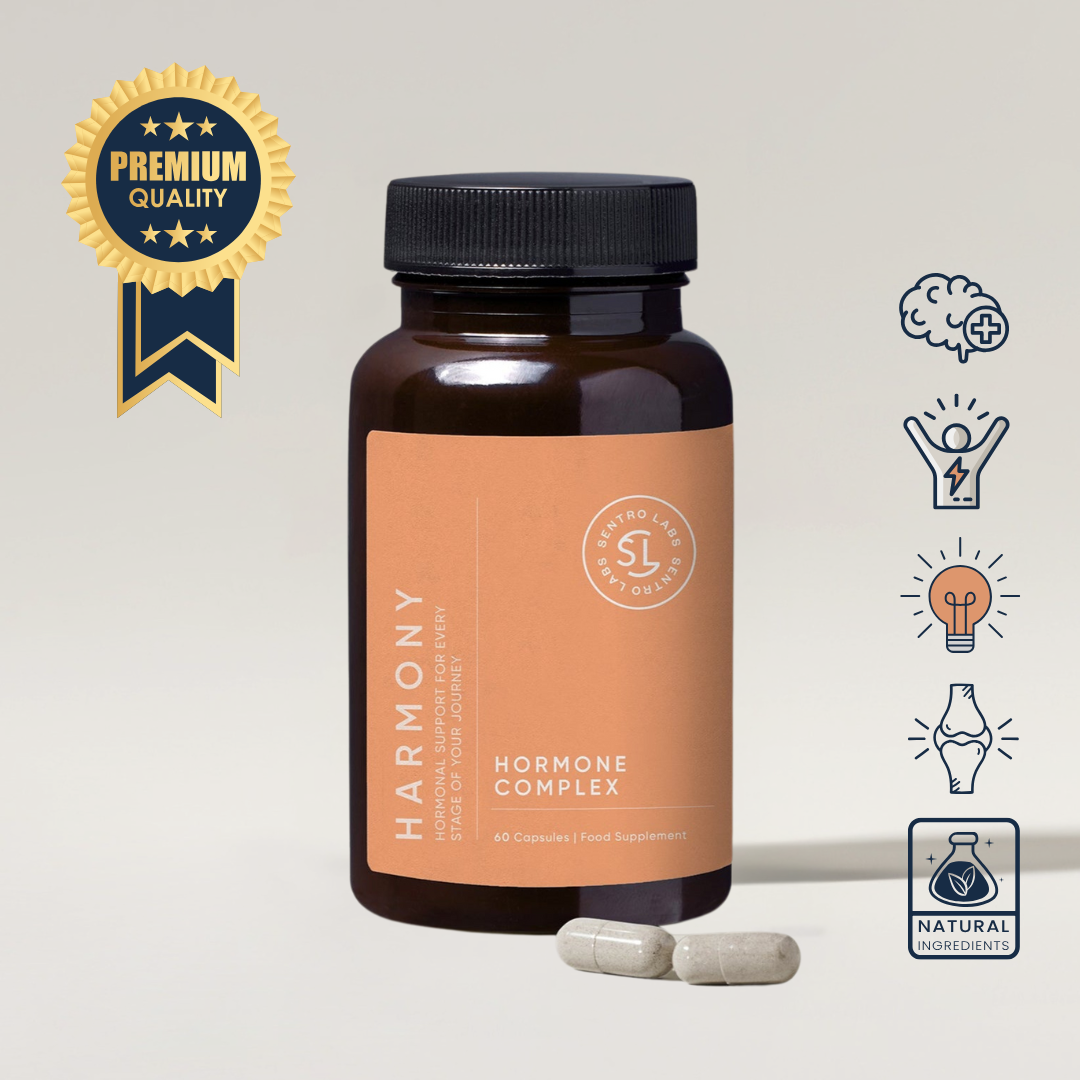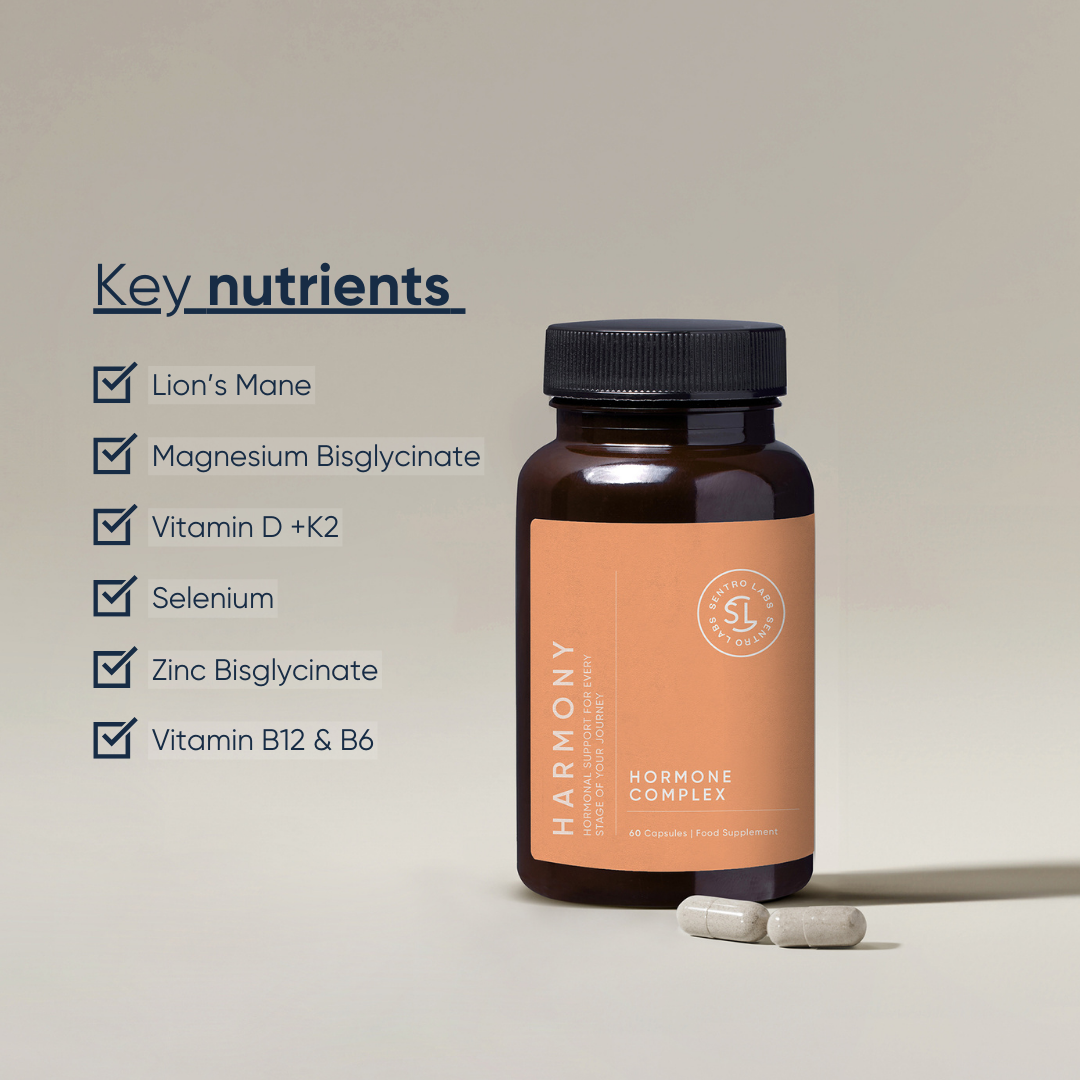L-Theanine, an amino acid found in green tea, has been gaining attention for its potential health benefits.
L-Theanine is widely valued for its ability to promote relaxation without causing drowsiness. It works by boosting levels of calming neurotransmitters like GABA, serotonin, and dopamine, helping to reduce stress and anxiety. This makes it an ideal supplement for those looking to unwind or manage everyday stress while staying alert and clear-headed.
One of its standout benefits is its ability to enhance focus and mental clarity, especially when combined with caffeine. L-Theanine helps to smooth out the jittery effects of caffeine, promoting a state of calm alertness. This combination can improve attention, cognitive performance, and concentration, making L-Theanine a popular choice for boosting productivity without overstimulation.
Whether you're a regular tea drinker or considering L-Theanine supplements, this blog will provide valuable insights. We'll examine the evidence and discuss how this amino acid could potentially enhance your cognition and mood, promoting a relaxed state.
What is L-Theanine and its Origin
Looking at its origin, the L-Theanine, it is mostly derived from tea leaves, predominantly green tea, and a particular category of mushrooms. It was first identified in green tea by Japanese scientists around 1949.
Since then, its reputation has grown, primarily because of its beneficial effects on brain activity. Its unique property of enhancing cognition and mood while promoting relaxation distinguishes it from other amino acids.
Although green tea does contain L-Theanine, the amount may not be enough to produce the same calming and focus-enhancing effects as supplements. A typical cup of green tea contains about 20-30 mg of L-Theanine, whereas supplements usually provide 100-200 mg per dose. While drinking several cups of green tea can offer some benefits, people who want to enjoy the full benefit of this powerful amino acid should consider taking a concentrated L-Theanine supplement instead.
How L-Theanine Affects Brain Activity
To better understand the effects of L-Theanine on brain activity, we need to understand its nature first. L-Theanine is an amino acid typically found in green tea. It's known for its unique ability to cross the blood-brain barrier, meaning it directly affects brain activity.
The essential role of L-Theanine revolves around promoting alpha-wave activity in the brain. Alpha-wave activity is frequently linked with a more relaxed state, indicating why L-Theanine is often associated with stress reduction and improved mood.
Distinct from other substances, L-Theanine behaves like a glutamate reuptake inhibitor. This behaviour makes it act as a glutamate receptor antagonist. In simpler terms, it helps manage neurotransmitter signalling in the brain and might have neuroprotective effects.
In a nutshell, L-theanine’s action on the brain can potentially attribute to its benefits on cognition and mood.
L-Theanine Potential Health Benefits
Beyond its well-known calming effects, l-theanine may also have a positive impact on blood pressure, heart rate, and sleep quality:
Promotes Relaxation and Stress Relief
L-Theanine is praised for its impactful role in promoting relaxation and stress relief.
This amino acid, primarily found in tea leaves, is renowned for its calming effects. It's an ally for those wrestling with stress and anxiety, a common by-product of modern life.
L-Theanine doesn't impose any sedative effects, rather it induces a state of relaxation without drowsiness. It operates by increasing alpha waves in the brain, typically associated with a relaxed but alert mental state.
Furthermore, it may aid in the reduction of stress-related hormones and play a part in boosting certain neurotransmitters for improved mood regulation. This enhances mental health and improves the overall lifestyle of a healthy adult.
This stress and anxiety combatant has a cherished place in the lives of many seeking natural solutions to manage stress effectively.
The consumption of L-Theanine results in a serene and focused state of mind without impairing cognitive abilities. It's a harmonious way of introducing repose into a busy, chaos-prone life without exposing one's organism to the side effects of pharmaceutical interference.
Contemplating the overall benefits of L-Theanine, it is a desirable addition to most dietary regimes. Its stress-reducing properties alone make it a worthy accomplice for maintaining a calm and enjoyable life.
Potential Benefits on Blood Pressure and Heart Rate
Scientific studies provide substantial evidence surrounding the potential benefits of L-Theanine. Specifically, its role in maintaining heart health is gaining prominence.
L-Theanine may bring substantial improvements in both blood pressure and heart rate. The amino acid, found in green tea leaves, helps to promote cardiovascular wellbeing indirectly.
One of its primary functions is curbing stress and anxiety. Being a major catalyst for hypertension, reducing stress results in a lower blood pressure. For individuals prone to anxiety-induced blood pressure spikes, L-Theanine can provide relief, allowing the heart to maintain a steady, healthy rhythm.
Emotions and anxiety often cause fluctuations in heart rates. L-Theanine can act as a modulator, maintaining a steady heart rate despite emotional swings.
Enhancing Sleep Quality
L-Theanine holds significant potential as a natural sleep-enhancer. This amino acid, predominantly found in tea leaves, is gaining popularity for its purported capabilities to enhance sleep quality. The connection between sleep quality and L-Theanine seems rooted in its capacity to promote relaxation. By fostering a calmer state of mind, it may ease the transition into a restful sleep.
Some studies have shown promise, indicating that a daily dosage of L-Theanine could lead to improved sleep satisfaction. These studies suggest that L-Theanine may help people fall asleep more quickly and easily. .
Potential Side Effects of L-Theanine
As we delve into the potential health risks and side effects of L-Theanine, it's important to note that while this supplement is well-tolerated, it's not without its potential drawbacks. The side effects, although minor, can vary among individuals, and what may be a minor inconvenience for one person could be a major issue for another.
The main drawback could be experienced when L-Theanine is ingested in substantial doses. Reports of headaches, dizziness, and gastrointestinal problems are not uncommon. Fortunately, these side effects gravitate towards the minor end of the scale.
A deep-dive into the subject reveals remarkably low toxicity in relation to this particular supplement. In fact, existing studies reflect minimal adverse effects or toxicity, along with a strong narrative that points towards low toxicity.
It’s also worth noting that while l-theanine has considerable benefits, it shouldn't be used to treat serious health conditions, including chronic depression or heart disease, or in lieu of medical advice.
Final Thoughts on L-Theanine
L-Theanine, an amino acid found in green tea, has been shown to promote relaxation, enhance sleep quality, and potentially help manage stress and anxiety.
Feeling stressed or overwhelmed? It's time to take control of your wellness with Equilibrium, our expertly formulated stress relief supplement. Packed with the calming benefits of L-Theanine, this blend not only helps you unwind but also enhances your focus, allowing you to navigate life's challenges with ease. While green tea offers some L-Theanine, our supplement delivers a concentrated dose that ensures you get the most out of this powerful amino acid.
Don't leave your well-being to chance! Elevate your daily routine with Equilibrium and experience the optimal balance between relaxation and mental clarity. Order now and enjoy a healthier, calmer you! Plus, choose our subscription option to save 19% and never run out of your essential stress relief. Your peace of mind is just a click away!



















Share:
Understanding the Connection Between Cortisol and Sleep
L-Theanine Dosage for Anxiety Management